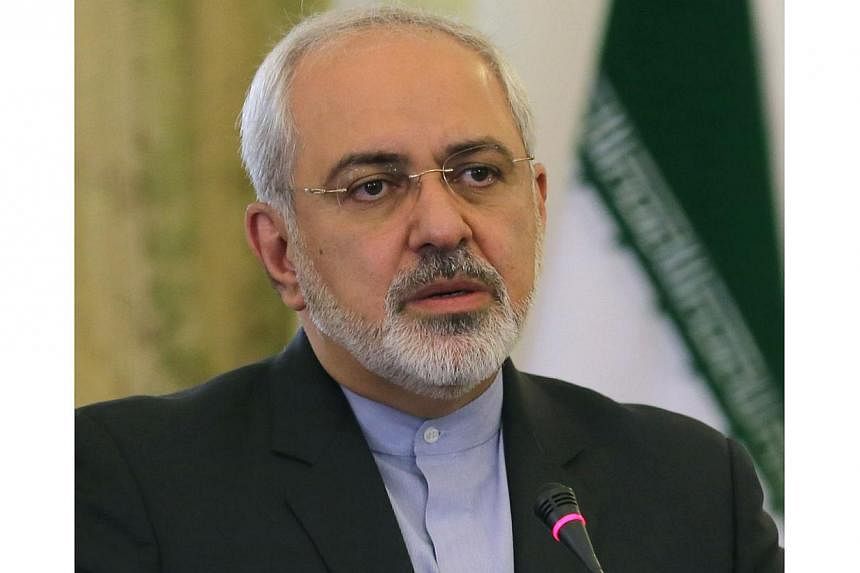TEHERAN (AFP) - Iranian Foreign Minister Mohammad Javad Zarif said on Sunday that clinching a final nuclear deal with world powers was still possible, despite a tough latest round of talks in Vienna.
"Agreement is possible. But illusions need to go. Opportunity shouldn't be missed again like in 2005," Mr Zarif wrote on Twitter, referring to Iran's long-stalled dispute with world powers over its nuclear programme.
Iran and six world powers ended a fourth round of nuclear talks in the Austrian capital on Friday with "no tangible progress".
Britain, China, France, Russia, the United States and Germany - known as the P5+1 group - want Iran to radically scale back its nuclear activities, making any dash for an atomic bomb virtually impossible and easily detectable.
The parties want to clinch an accord by July 20, the expiration date of a November interim deal under which Iran froze certain activities in return for limited relief from crippling Western sanctions.
In return for further concessions, the Islamic republic, which denies seeking an atomic weapon, wants the lifting of all UN and Western sanctions, which have badly damaged its economy.
The latest round of talks with the P5+1 ended with both sides complaining major gaps remained ahead of the July deadline.
"Huge gaps remain, there is really more realism needed on the other side," a Western diplomat said. "We had expected a little more flexibility on their side." A senior inspector from the UN atomic energy is due in Iran on Monday to discuss the issue.
The International Atomic Energy Agency's chief inspector Tero Verjonata and several other officials are to begin talks in Teheran on Tuesday.
The visit is aimed at "tackling the remaining concerns and clarifying some ambiguities," Iran's atomic agency spokesman told the ISNA news agency.
On Sunday, Iran's English-language Press TV cited the country's deputy foreign minister, Abbas Araqchi, as saying that the next round of talks are to be held in Vienna on June 16-20.
Mr Araqchi emphasised to MPs that talks had not failed, state news agency IRNA quoted lawmaker Hojatollah Soori as saying.
"As we further go ahead with the negotiations, it gets tougher, but we hope to reach an agreement by July 20," Mr Araqchi said.
According to Mr Soori, Mr Araqchi also said it would be possible to hold informal meetings before the June talks.
Ali Akbar Velayati, foreign policy adviser to Iran's supreme leader Ayatollah Ali Khamenei, was also upbeat.
"There is hope for a positive outcome in the talks, as long as other parties show their goodwill like Iran," he said, quoted by reformist daily Sharq.
Mr Saeed Laylaz, a leading Iranian political analyst, also expressed optimism.
It is normal for a dispute that surfaced a decade ago "not to be completely resolved in just a few months," he told Etemad newspaper.
"An agreement that is difficult to reach would be more sustainable than an easy one." The failure of the latest round of talks was welcomed by hardliners in Iran, however.
Kayhan newspaper ran a headline reading the talks "fortunately ended fruitless".
Its editorial criticised the West over the interim agreement it said deceived President Hassan Rouhani into accepting "too many concessions for too little gain".
Failure to reach an accord by July 20 could potentially spark a conflict - neither Israel nor Washington rules out military action - and create a nuclear arms race in the Middle East.
Negotiators, however, can in theory extend the deadline, although both US President Barack Obama and Mr Rouhani could struggle to keep hardliners on their domestic fronts at bay.

